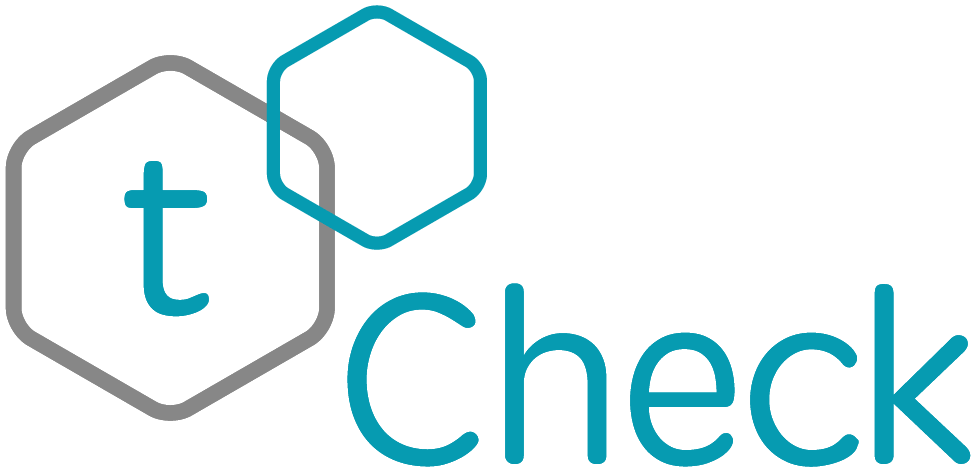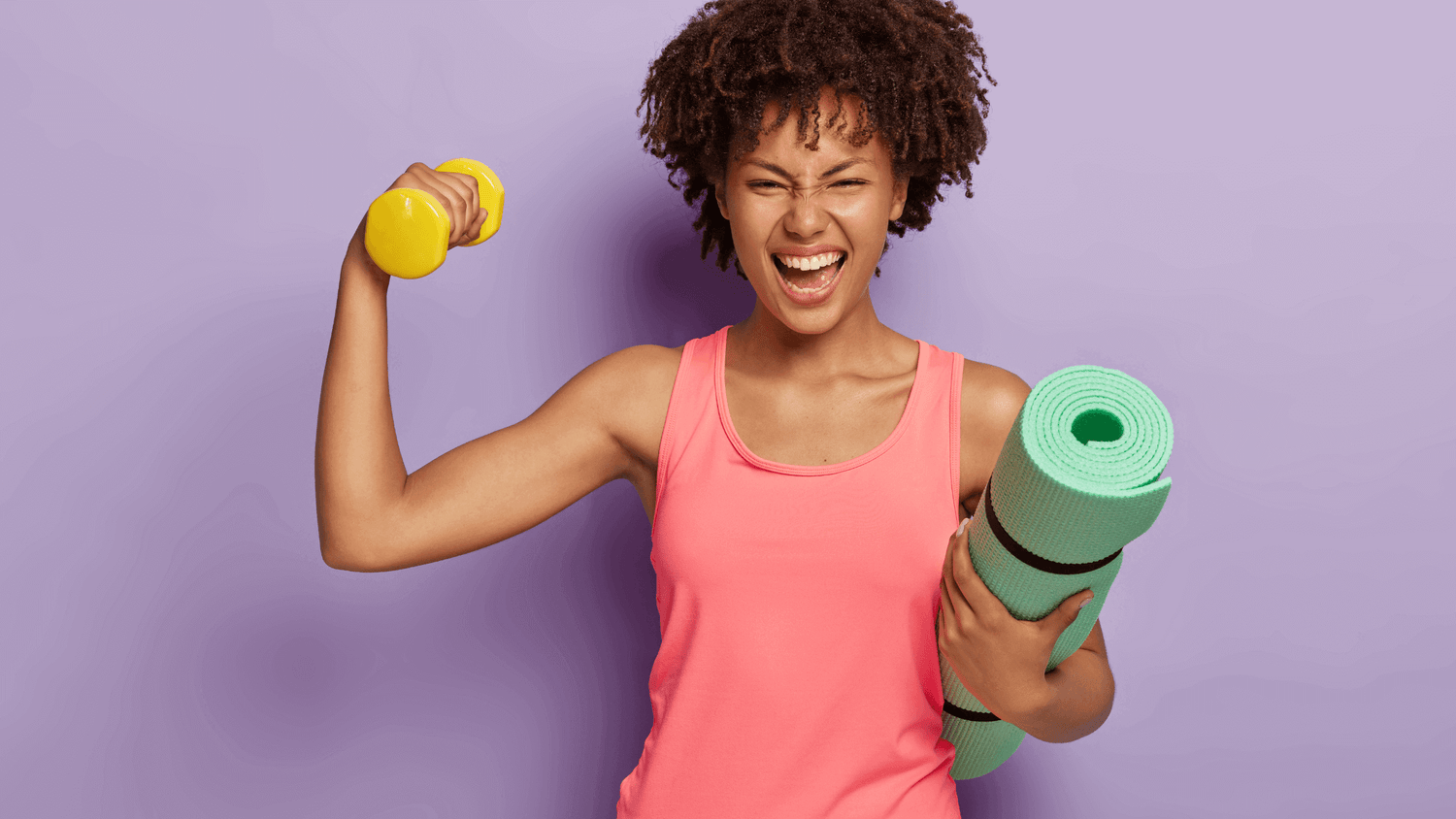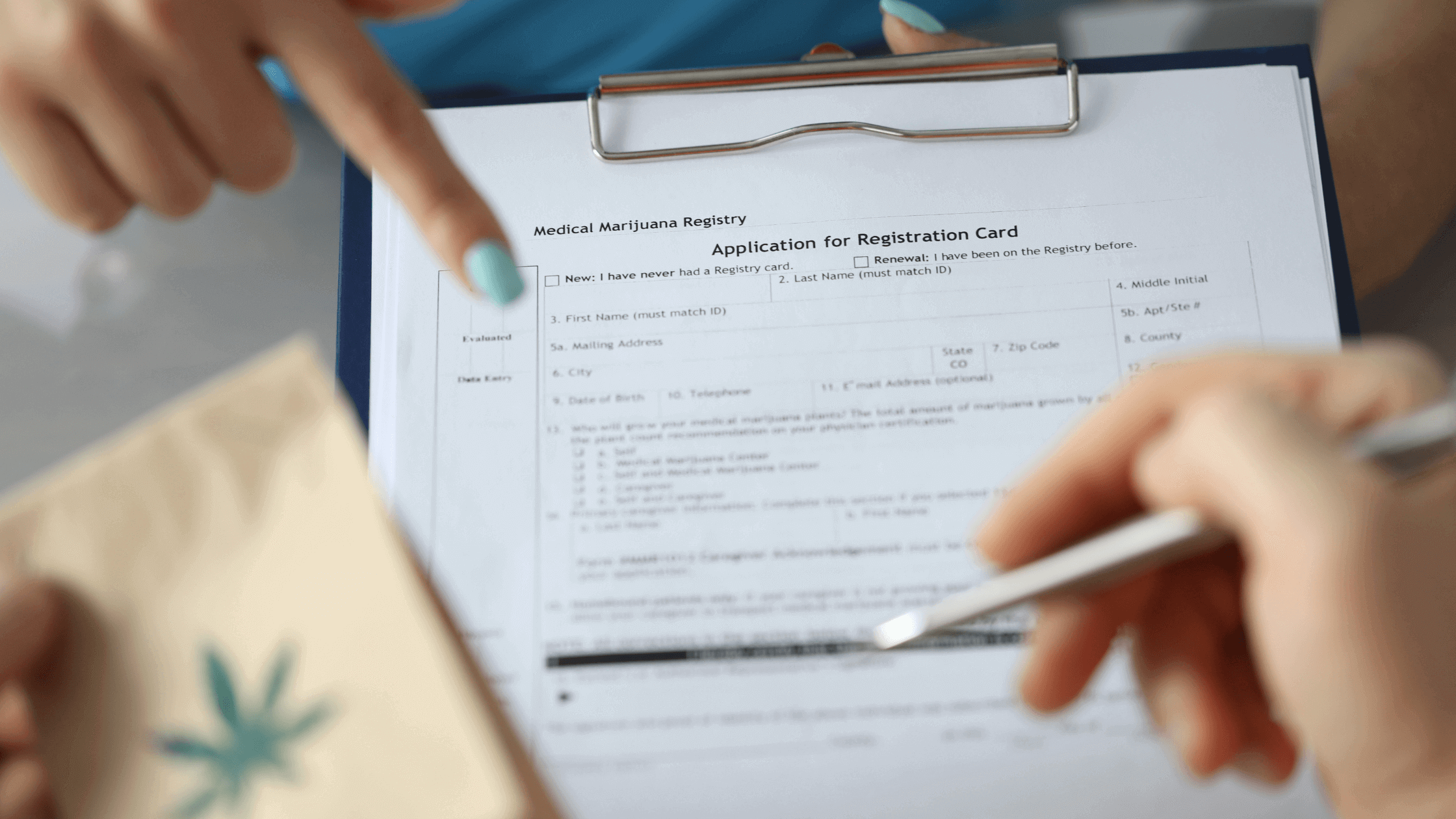What does the endocannabinoid system have to do with fitness? Everyone in the medical community agrees that fitness is fantastic for physical and mental health. Although plenty of studies confirm that weight training and cardio help improve mood, scientists have struggled to explain the elusive "runner's high." What chemical processes make athletes feel so euphoric after a long run?
Interestingly, new research suggests the endocannabinoid system (ECS) may have a close relationship with exercise. There are even a few scientists who suggest the ECS is primarily responsible for producing many of the benefits people notice after starting an exercise routine. These groundbreaking findings may fundamentally change how physical therapists, coaches, and doctors think about the physiology of fitness.
So, Is A "Runner's High" The Same As A "THC High?"
Before tokers get too excited, please remember that our bodies can't naturally produce compounds like delta-9 THC. Cannabinoids found in cannabis are known as "phytocannabinoids," and they only come from a plant source. Fitness researchers are most interested in compounds called "endocannabinoids." Although endocannabinoids share traits with phytocannabinoids, they are natural to the human body.
Therefore, when researchers talk about "cannabinoids" producing a "runner's high," they're referring to endocannabinoids. According to most recent data, the endocannabinoid anandamide seems to be most responsible for the pleasurable sense of euphoria after a workout session.
Researchers at the American University of Beirut recently investigated how the body's ECS related to the "runner's high" phenomenon. After the study participants finished a 50-minute cardio session on a bike or treadmill, scientists took blood samples to see if any endocannabinoids entered each participant's system. Study authors noted a statistically significant increase in the "feel-good" endocannabinoid anandamide after a workout.
People familiar with CBD may have already heard about anandamide's essential role in mood regulation, sleep, and appetite. Interestingly, studies suggest CBD oil works to naturally support the reuptake of anandamide, which may explain why people feel a sense of well-being after using CBD. This research suggests the mild euphoria people experience with CBD oil might be related to the natural "runner's high."
CBD's anandamide-increasing properties may also explain why so many athletes love using this supplement before a workout. With the extra anandamide circulating in a jogger's system, they have a greater chance of experiencing a profound "runner's high" by the time they've reached their finish line.
It's also possible that CBD oil can serve as a gentle "positive reinforcement" to people who are resistant to a regular fitness routine. The bonus anandamide compounds CBD may make it easier for people who don't enjoy exercising to get into a healthful habit.
Before moving on, it's essential to mention that anandamide isn't the only compound responsible for positive feelings after a workout. Indeed, scientists at the American University of Beirut said their research shouldn't be read as a simple "reductionist" explanation of this phenomenon.
While endocannabinoids like anandamide play a significant role in fitness physiology, other compounds like endorphins may contribute to the "runner's high."
Does The ECS Do Anything Else During Exercise?
Although many fitness fans are interested in how the ECS contributes to the "runner's high," there are other fascinating ways this system may influence exercise. For instance, a study from the University of Nottingham explored how endocannabinoids may reduce inflammation post-workout. Interestingly, UK scientists suggested endocannabinoids may reduce inflammation after exercise by interacting with beneficial gut bacteria (aka probiotics).
When Nottingham researchers took blood samples from participants on a workout regimen, they discovered an increase in both endocannabinoids and short-chain fatty acids produced by probiotics. Patients in this trial also had fewer inflammatory biomarkers. All of this data strongly suggests endocannabinoids may reduce inflammation and that they have a complicated relationship with our gut bacteria.
Another trial out of Poland's Medical University of Bialystok examined the connection between increased exercise and the ECS for mental health conditions. Like many other studies, Polish scientists noted that movement seems to ramp up endocannabinoid production. However, this study also found that CB1 receptors may be more active after a workout. Since CB1 is more sensitive post-workout, scientists argued it might positively affect cognition, memory, and mood.
Does This Mean Cannabis Is Good For An Exercise Routine?
Please remember that all of the above data is focused on endocannabinoids. The research into using cannabis-derived phytocannabinoids for exercise is still in its early phases. However, since the ECS has such a positive association with physical activity, it's no surprise more athletes are interested in using cannabis to supercharge their workout sessions.
Indeed, many surveys suggest people living in recreationally legal states are already using marijuana for motivation. Data from CU Boulder suggests about 80 percent of frequent weed smokers use marijuana before or after a workout. Most respondents said cannabis helped improve their mood, endurance, and recovery time. There's also preliminary evidence that people who use cannabis during their workout routine have a more consistent exercise regimen than those who don't use this drug.
All that being said, there's not a ton of evidence on how THC affects athletic performance. Also, since THC is a banned substance in professional sports, it's not the ideal choice for competitive athletes.
However, as mentioned above, there's a surge in demand for CBD-rich products in the athletic community. After the World Anti-Doping Agency (WADA) removed its ban on CBD in 2018, more athletes have added CBD oils or topicals to their gym bags.
Since CBD is non-psychoactive, there's less risk this cannabinoid will alter an athlete's focus or response time during training. Also, CBD seems to enhance the reuptake of feel-good compounds like anandamide and serotonin, which should increase the likelihood of experiencing a "runner's high."
Many trials suggest CBD has antioxidant and anti-inflammatory properties. For instance, studies from the University of Kentucky and Cornell University showed that CBD topicals and capsules could significantly decrease knee inflammation. These features are also crucial reasons CBD has become the most prevalent cannabinoid supplement for global athletes.
Don't Puff Before You Pedal Without Getting A tCheck Report!
Although "weed workouts" are becoming more popular, they will only be effective if you use lab-tested cannabis strains. Not every cannabis hybrid is well-suited for a pre or post-workout session. Furthermore, some professional athletes may want to avoid THC when searching for CBD oils, topicals, or hemp flowers.







